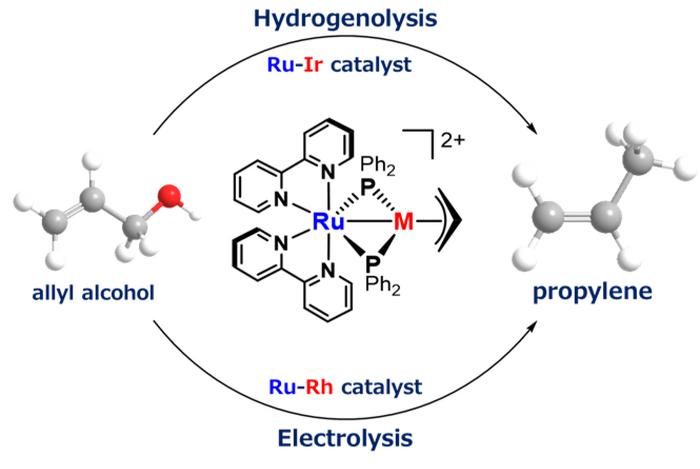Plant tannin used as stabiliser for palladium nanoparticles in selective hydrogenation of quinoline
There are pros and cons to both homogeneous and heterogeneous catalytic strategies but one way you could get the best of both worlds is to use aqueous-organic biphasic catalysis. This approach hasn’t been widely utilised so far due to interfacial resistance between the phases which restricts catalytic activity.
Researchers in China have overcome this by using tannins from Black Wattle (an acacia tree species). The amphiphilicity of the tannins stabilise catalytic palladium nanoparticles enabling them to catalyse reactions in the organic phase whilst remaining in the aqueous phase for subsequent re-use, without loss of activity.
Most read news
Other news from the department science
These products might interest you

NANOPHOX CS by Sympatec
Particle size analysis in the nano range: Analyzing high concentrations with ease
Reliable results without time-consuming sample preparation

Eclipse by Wyatt Technology
FFF-MALS system for separation and characterization of macromolecules and nanoparticles
The latest and most innovative FFF system designed for highest usability, robustness and data quality

DynaPro Plate Reader III by Wyatt Technology
Screening of biopharmaceuticals and proteins with high-throughput dynamic light scattering (DLS)
Efficiently characterize your sample quality and stability from lead discovery to quality control

Get the chemical industry in your inbox
By submitting this form you agree that LUMITOS AG will send you the newsletter(s) selected above by email. Your data will not be passed on to third parties. Your data will be stored and processed in accordance with our data protection regulations. LUMITOS may contact you by email for the purpose of advertising or market and opinion surveys. You can revoke your consent at any time without giving reasons to LUMITOS AG, Ernst-Augustin-Str. 2, 12489 Berlin, Germany or by e-mail at revoke@lumitos.com with effect for the future. In addition, each email contains a link to unsubscribe from the corresponding newsletter.
Most read news
More news from our other portals
Last viewed contents
Category:Radiobiology
Biotin
Folic_acid

The Nobel Prize in Physics 2022 goes to three quantum researchers from France, USA and Austria - Entangled states – from theory to technology





























































